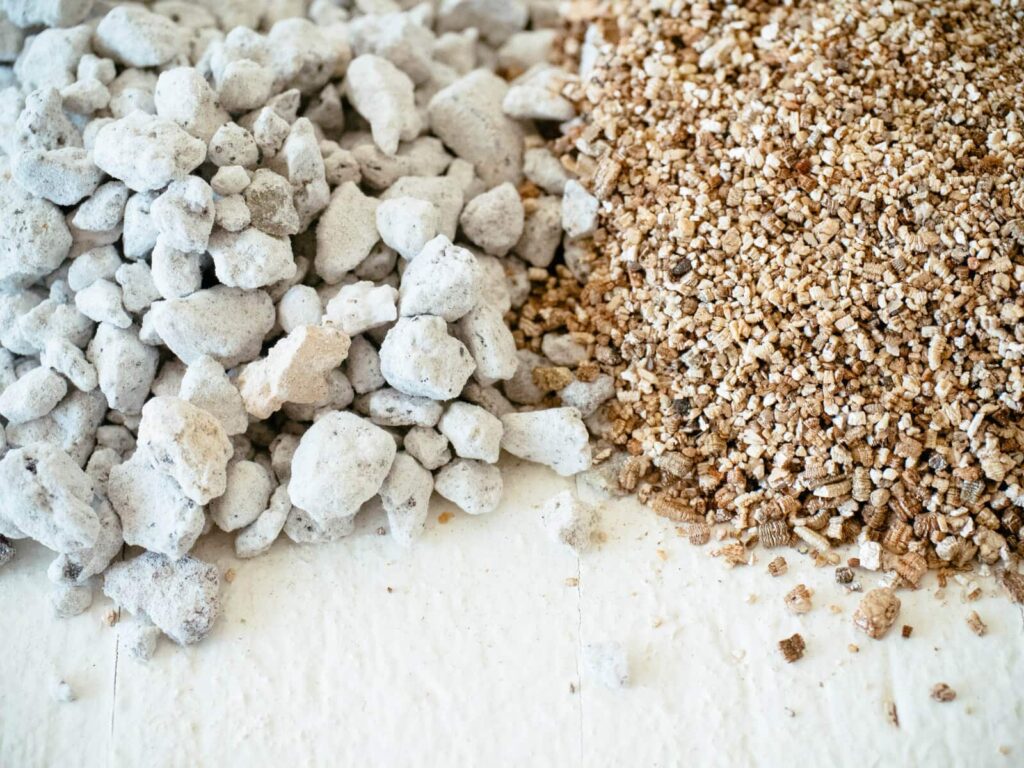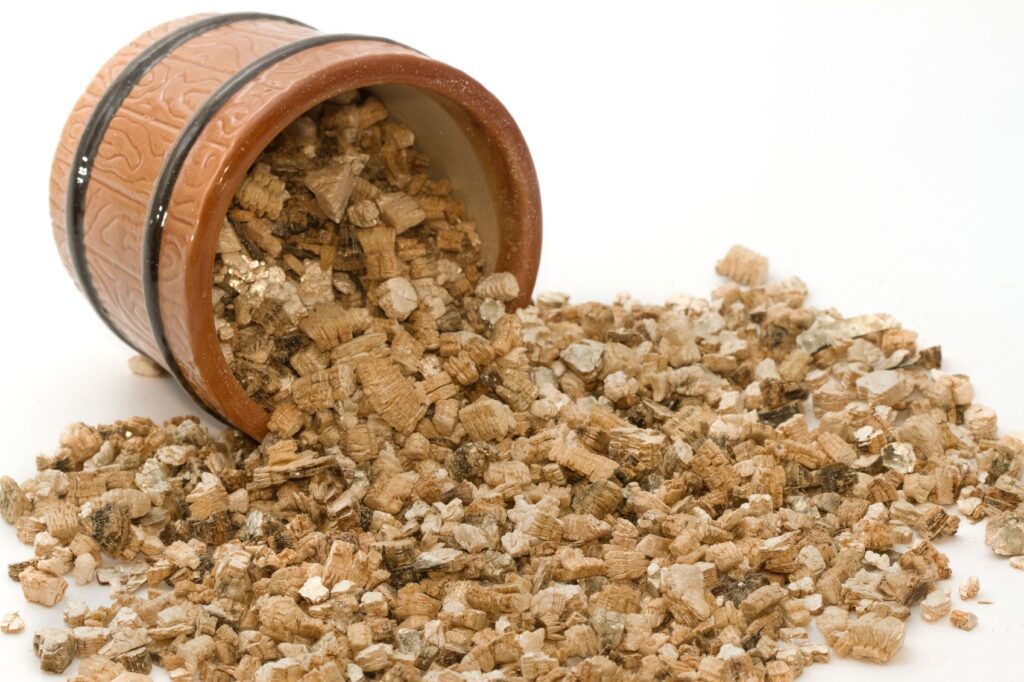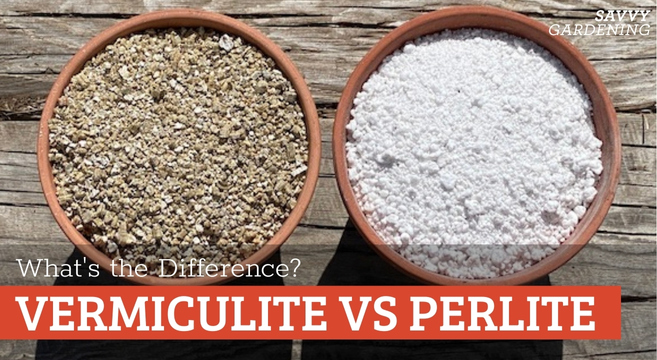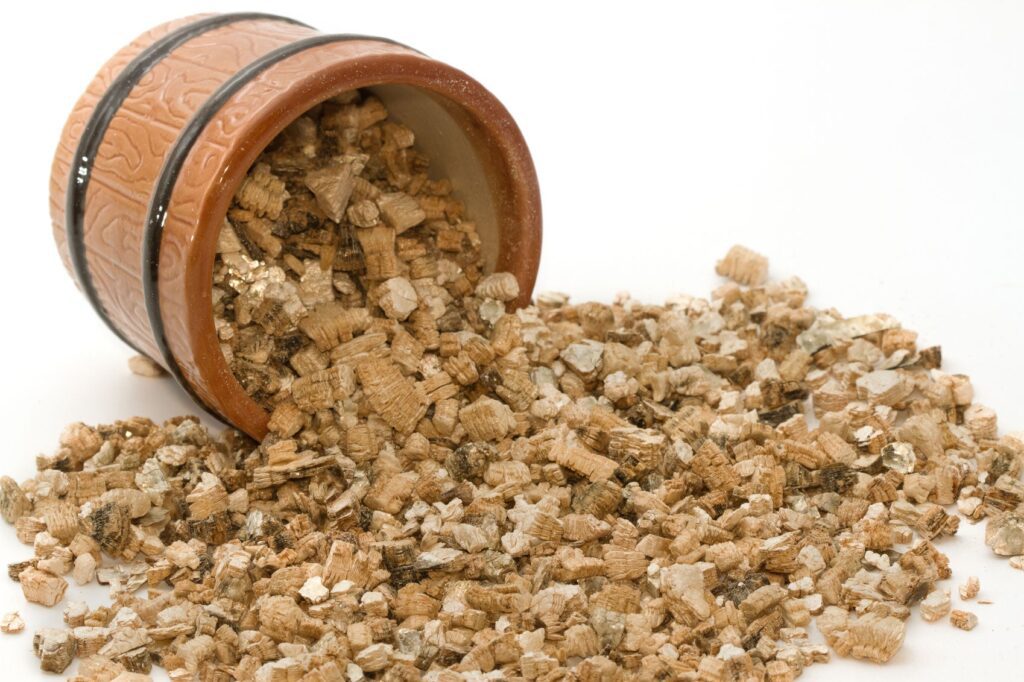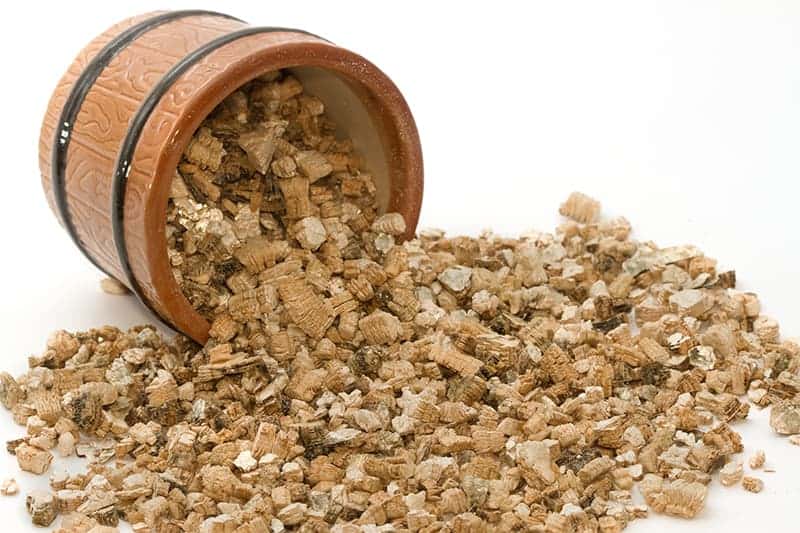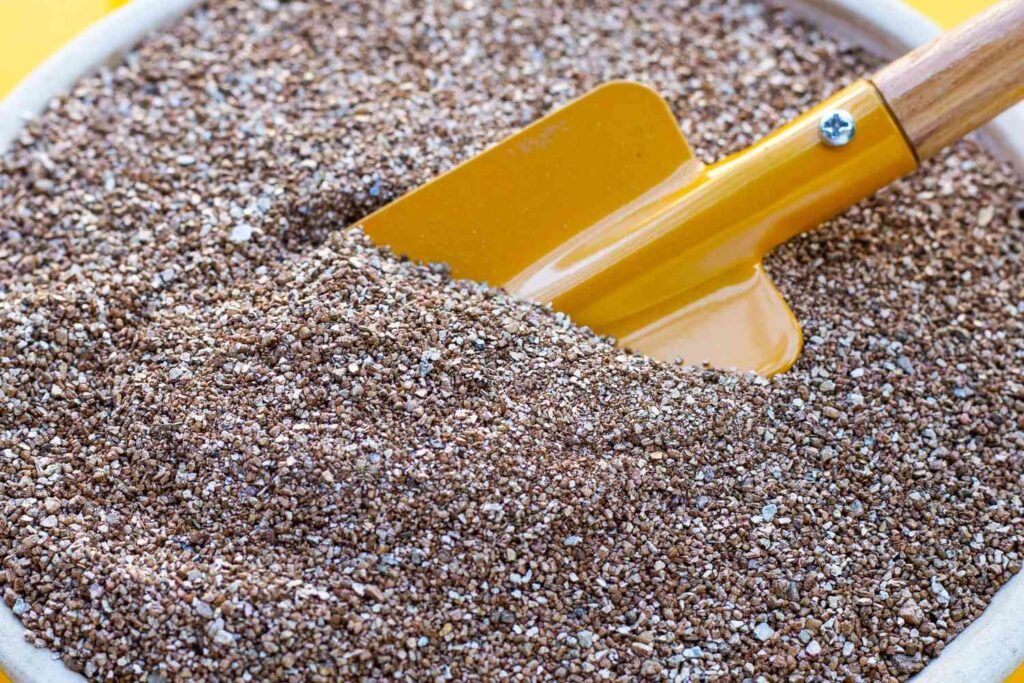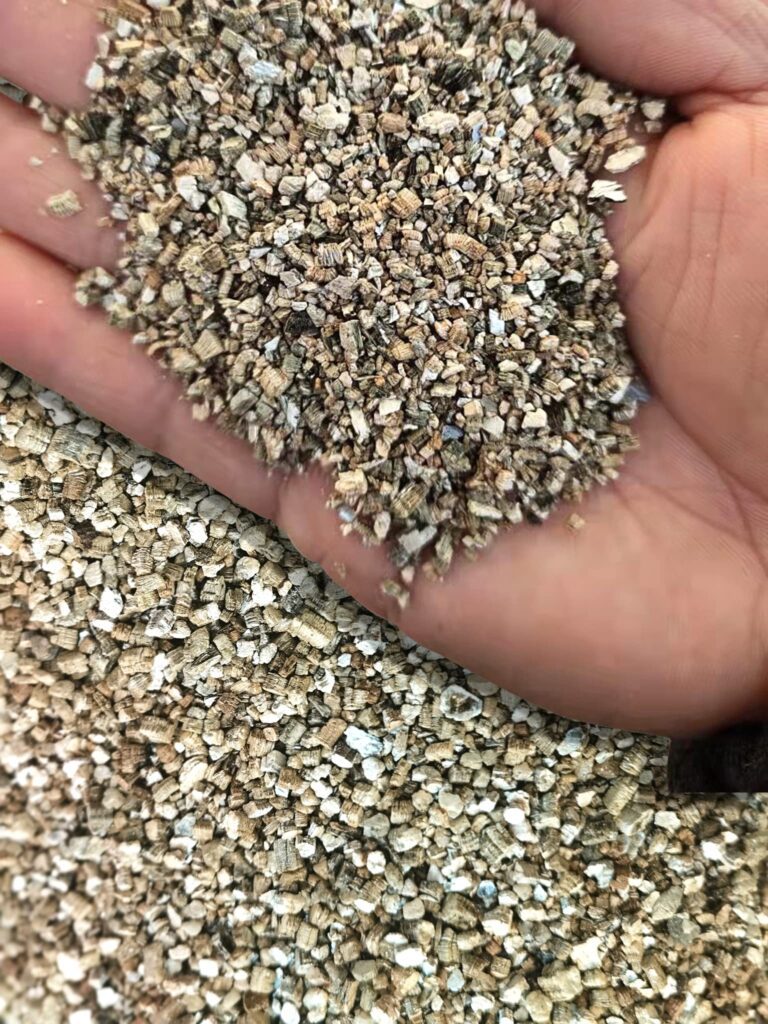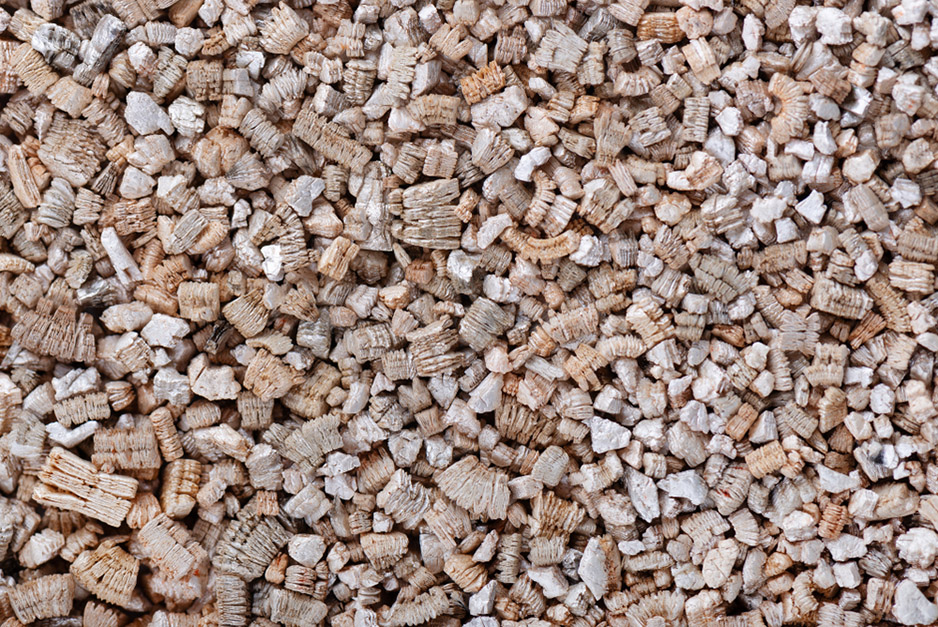Are you a passionate gardener looking for the safest way to nurture your plants? Well, look no further! In this article, we will explore the topic of gardening with vermiculite and address the question on every gardener’s mind – is it safe? Vermiculite, a common gardening additive, has been a subject of concern due to its potential asbestos content. However, we will delve into this issue and provide you with all the information you need to make an informed decision about whether or not to incorporate vermiculite into your gardening routine. So, let’s get started and ensure your garden thrives in the safest way possible!
What is vermiculite?
Definition
Vermiculite is a naturally occurring mineral that undergoes a process of heating and expansion to create a lightweight and absorbent material. It consists of tiny, flat flakes that are shiny and golden-brown in color. When heated, vermiculite expands and forms air pockets, which gives it excellent insulation and moisture retention properties.
Formation
Vermiculite forms through the weathering of certain rocks, such as biotite and phlogopite. These rocks undergo intense heat and pressure, causing them to break down and release the mineral flakes. The process of forming vermiculite takes millions of years, with the mineral gradually transforming under the earth’s surface.
Properties
Vermiculite has several unique properties that make it a valuable material, particularly in gardening. Its lightweight nature makes it easy to handle and mix with other substances, while its porous structure allows it to hold both air and water. Additionally, vermiculite has excellent cation exchange capacity, meaning it can retain and release nutrients for plant growth.
Uses of vermiculite in gardening
Plant growth
One of the primary uses of vermiculite in gardening is to promote plant growth. Its ability to hold air, water, and nutrients creates an ideal environment for roots to thrive. Vermiculite can be mixed into potting soil to improve aeration and moisture retention, which helps plants establish a strong root system and absorb essential nutrients more efficiently.
Soil improvement
Vermiculite is a valuable tool for improving soil quality. It can be mixed into garden soil, especially those with heavy clay or sandy textures, to enhance its water-retaining capacity and drainage. The mineral flakes of vermiculite act as sponges, holding both water and nutrients near the roots. This helps prevent soil compaction and increases the overall fertility of the soil.
Water retention
Water management is crucial in gardening, and vermiculite excels in retaining moisture. Its porous structure allows it to hold water, preventing excessive evaporation and ensuring that plants have a constant supply of moisture. Vermiculite can be used in containers, raised beds, or as a top dressing around plants to reduce water stress and maintain optimal hydration levels.
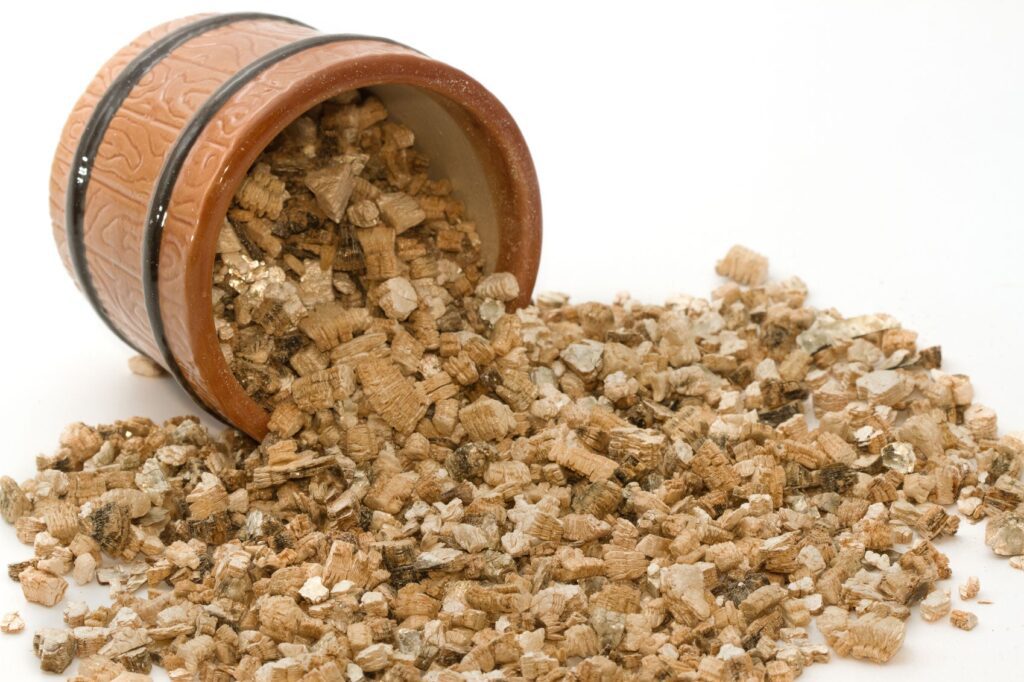

Safety concerns related to vermiculite
Asbestos contamination
One significant safety concern associated with vermiculite is the potential presence of asbestos. Asbestos is a group of minerals known for their fibrous structure and heat resistance properties. Some vermiculite deposits, particularly those mined in Libby, Montana, were found to contain asbestos fibers. Exposure to asbestos can lead to serious health issues, including lung diseases and cancers.
Respiratory risks
Due to its lightweight nature, vermiculite can become airborne when disturbed or handled improperly. Inhaling airborne vermiculite particles may pose respiratory risks, especially if contaminated with asbestos fibers. Prolonged exposure to these particles can irritate the lungs and, in some cases, cause respiratory diseases. It is essential to take precautions when working with vermiculite to minimize the risk of inhalation.
Skin irritation
Direct contact with vermiculite may cause skin irritation in some individuals, particularly those with sensitivities or allergies. The mineral flakes can be abrasive and may cause redness, itching, or a rash. While skin irritation from vermiculite is generally mild, it is advisable to wear gloves and protective clothing to prevent any potential discomfort.
Testing vermiculite for asbestos
Laboratory analysis
The most accurate and reliable method to determine asbestos presence in vermiculite is through laboratory analysis. Specialized laboratories can conduct thorough tests to detect the presence and concentration of asbestos fibers. Samples of vermiculite can be submitted for analysis, and the results will provide information on whether the vermiculite is contaminated or asbestos-free.
Home test kits
Home test kits are available in the market that claim to detect asbestos in vermiculite. These test kits often require collecting a small sample of vermiculite and sending it to a laboratory for analysis. While home test kits may provide some indication, their accuracy and reliability can vary. It is advisable to consult with experts or use professional testing services for more accurate results.
Professional testing
If there are concerns about the vermiculite being used in gardening or other applications, it is recommended to seek professional testing services. Experienced contractors or environmental consultants can assess the vermiculite and provide comprehensive testing to ensure accurate results. Their expertise and specialized equipment can help determine the presence and concentration of asbestos fibers.
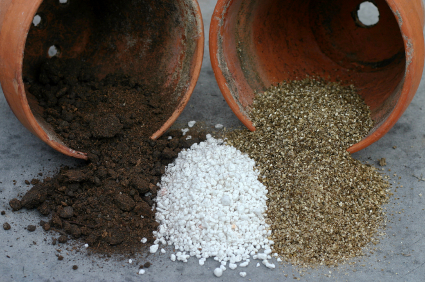

Choosing safe vermiculite products
Brands with no asbestos contamination
When purchasing vermiculite, it is crucial to choose reputable brands that guarantee no asbestos contamination. Look for products that have undergone rigorous testing and screening processes to ensure their safety. By selecting vermiculite from trusted brands, you can minimize the risk of exposure to asbestos and other potential contaminants.
Certifications and quality checks
Certifications and quality checks can provide further assurance of the safety of vermiculite products. Look for certifications such as the Trustmark of the Vermiculite Association or other industry-recognized standards. These certifications indicate that the vermiculite has met specific safety and quality standards, ensuring its suitability for use in gardening and other applications.
Precautions while gardening with vermiculite
Wearing protective gear
When working with vermiculite, it is essential to wear appropriate protective gear to minimize any potential health risks. This may include gloves, safety goggles, a dust mask or respirator, and long-sleeved clothing. By wearing protective gear, you can reduce the risk of skin irritation and inhalation of vermiculite particles.
Avoiding inhalation and ingestion
To minimize the risk of respiratory issues, it is crucial to avoid inhaling or ingesting vermiculite. When handling or mixing vermiculite, do so in a well-ventilated area to reduce airborne particles. Avoid touching your face, eating, or drinking while working with vermiculite to prevent accidental ingestion.
Proper disposal of vermiculite
If you need to dispose of vermiculite, it is important to handle it safely. Wetting the vermiculite before handling can help reduce the release of particles. Place the damp vermiculite in sealed bags and dispose of it according to local waste disposal regulations. Proper disposal ensures that any potential asbestos or contaminants are contained and do not pose a risk to human health or the environment.
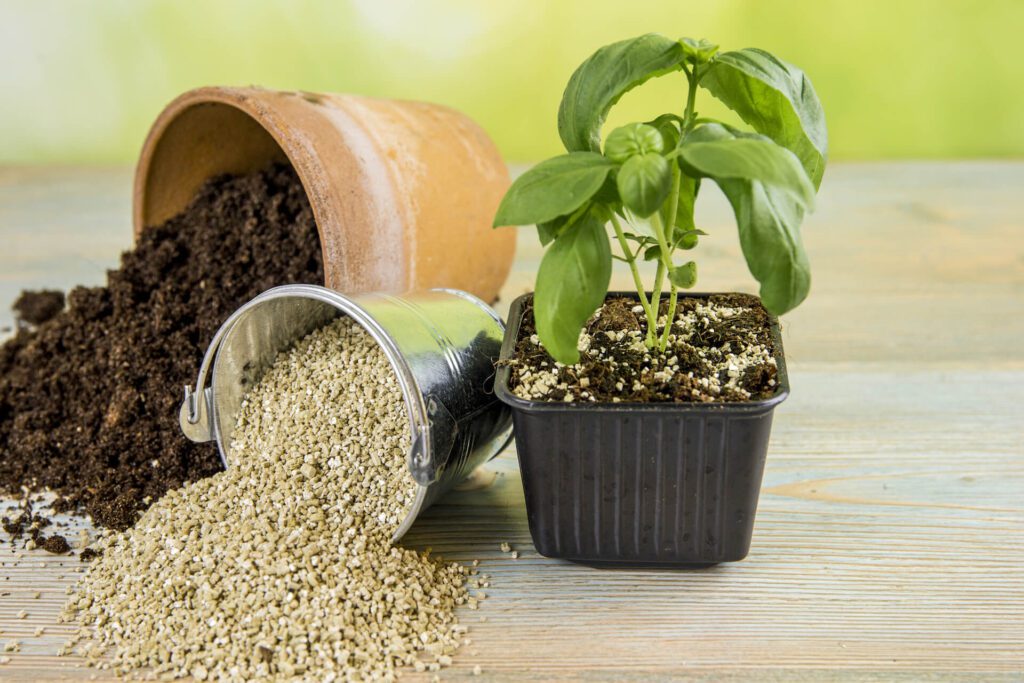

Alternative materials for gardening
Perlite
Perlite is a lightweight volcanic rock that undergoes a similar heating and expansion process as vermiculite. It is commonly used as a soil amendment and has excellent moisture retention properties. While perlite does not hold nutrients as effectively as vermiculite, it provides good aeration and drainage in soil.
Coconut coir
Coconut coir, or coconut fiber, is a natural byproduct derived from coconut husks. It is an excellent alternative to vermiculite, especially for those looking for a renewable and sustainable gardening material. Coconut coir has good water-holding capacity, improves soil structure, and promotes root development.
Compost
Compost is a valuable and readily available material for improving soil quality. It provides nutrients, enhances moisture retention, and improves overall soil structure. Incorporating compost into garden soil can help create a healthy and fertile environment for plants to thrive.
Conclusion
Gardening with vermiculite can be safe and beneficial when used correctly and from reputable sources. By understanding its properties, taking necessary precautions, and being aware of potential risks, you can enjoy the benefits of vermiculite in your garden without compromising your safety or the health of your plants. Additionally, exploring alternative materials such as perlite, coconut coir, and compost can offer sustainable and effective alternatives for various gardening needs. Remember to choose reputable brands, test vermiculite for asbestos when in doubt, and always prioritize safety in your gardening practices.
